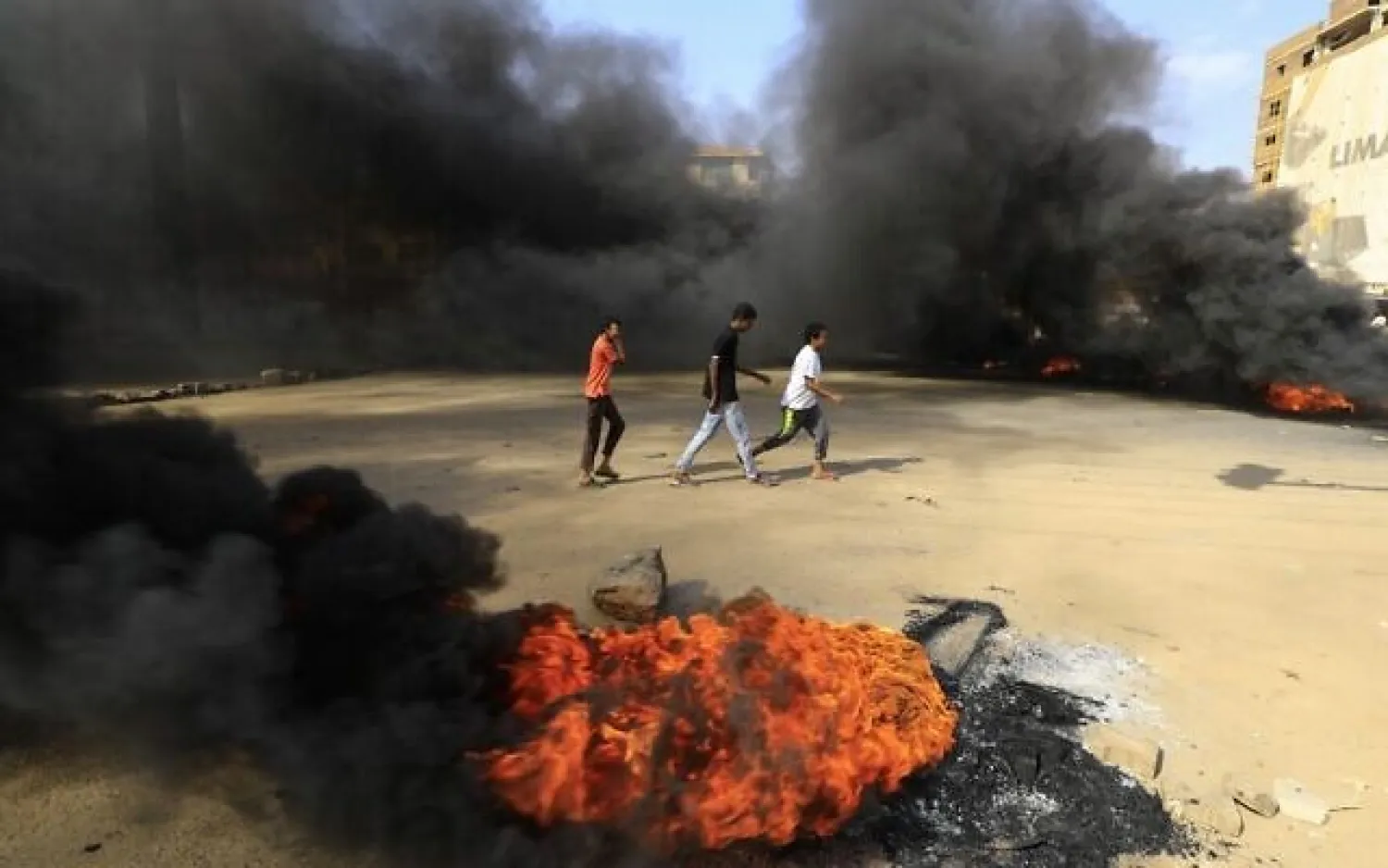The US State Department confirmed to Sudan’s military leaders that Washington is prepared to apply additional costs if violence continues.
Washington has also accused Moscow of “playing a negative role” and backing the “coup” in Sudan.
“We are now reviewing the full range of traditional and non-traditional tools at our disposal to further reduce the funds available to Sudan’s military regime, to isolate its military-controlled companies, and to increase the reputational risk for any who choose to continue to engage in ‘business-as-usual’ with Sudanese security services and their economic enterprises,” US Assistant Secretary of State for African Affairs Molly Phee said in remarks to the Senate Foreign Relations Committee.
Phee added that “we’re looking very hard right now at non-traditional methods of pressure, particularly in terms of, for example, the illicit gold mining that takes place, and we're also looking at the many enterprises that are owned by security forces.”
She also addressed Russia's role in the crisis in Sudan, saying Moscow is interested in exploiting insecurity for tactical and financial gains.
The official warned that Moscow plays a negative role in supporting coups in Africa, including Sudan, which is a source of concern.
Phee cautioned that "Russia is the old Sudan," noting that leaders of Sudan's security forces have a choice "they can be the leaders who help Sudan complete this historic transition or they can be the leaders that fail. We want a Sudan that has a partnership with the US and with our like-minded partners in the world and not with Russia."
Phee repeatedly reiterated that the Sudanese security forces are not monolithic, as "some of them truly would like to affect a transition. They do not know how to do it. They are falling back on their own playbook."
She also reiterated its call on the security forces to cease force and violence against peaceful demonstrators.
"The Sudanese people are amazing. They are committed. They are creative. They have a vision of what they want, and they will not let that vision go. I haven't seen that kind of strength and cohesion in other difficult environments in which I have worked."
Despite these statements, bipartisan committee members strongly criticized the US official. They indicated the US administration failed to use the tools at its disposal to impose sanctions.
They also stressed that Congress would set certain conditions before releasing any aid to Sudan, specifically the $700 million that the administration froze after October 25.
Democratic Committee Chairman Bob Menendez said that despite publicly committing to dialogue to resolve the current crisis, the "Sudanese military continues to kill, torture, abuse and detain protesters and civil society activists."
Menendez warned that the security forces had killed nearly 80 civilians since the coup, including a 27-year-old man, last weekend.
"While a dialogue is necessary, there must also be consequences for those responsible for human rights abuses and for those of the highest levels who have engineered the coup," said Menendez.
He announced his support to the Biden administration to immediately suspend $700 million in aid. However, he noted that these actions are "insufficient to end the violence and force the generals to the negotiating table."
Menendez questioned the UN initiative to resolve the crisis, saying that although the United Nations Mission in Sudan indicated that it would facilitate the Sudanese-led talks, it did not have any means to compel participation or hold the participants accountable for their commitments.
The committee's senior Republican, Senator Jim Risch, sharply criticized Sudan's military leaders, saying: "The well-documented violence against civilians before and following the October 25 coup proves that Sudan's military is brutal, can't be trusted, and incapable of leading Sudan's democratic transition."
"We may need to engage Generals Burhan and Hemedti to find a path toward restoring civilian control. We must put them on notice."
The lawmaker repeated calls for the US administration to describe the events of October 25 as a "military coup" and not a military takeover.









